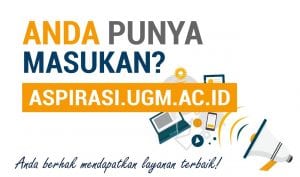Mohamad Aji Ikhrami, Dini Wahyu Kartika Sari, Masagus Muhammad Prima Putra
Antibiotic resistance genes (ARGs) have recently become an emerging environmental contaminants. The aquatic environment, such as a river has already become the most polluted environment and can be a driver of ARGs. The water from irrigation canal has the potential to become a hotspot of ARGs through contamination from river pollutants carried along to the irrigation canal. However, the information regarding the cross-contamination of ARGs in fish farming systems integrated with irrigation canal in Indonesia needs further study. This study investigated the occurrence of ARGs sulfonamide (sul1), tetracycline (tetA), beta lactam (blaGES), and multi drug resistance (mexF) from body water samples along the irrigation canal and aquaculture ponds which utilize irrigation water for cultivation. Sampling sites are located in the Kulon Progo Regency (Indonesia) and samples were taken during the rainy season. Gene amplification was performed using Multiplex PCR. The results showed that sul1, tetA, and blaGES were detected in 67%, 63%, and 55% of all samples. Meanwhile, mexF was only found upstream and downstream irrigation canals, which accounted for 25% of the total samples. The results of this study indicated that the Sapon Irrigation Canal has the potential to cause the spread of antibiotic resistance genes.
Keyword: antibiotic resistance gene, aquaculture, aquatic environment, irrigation canal, multiplex PCR






